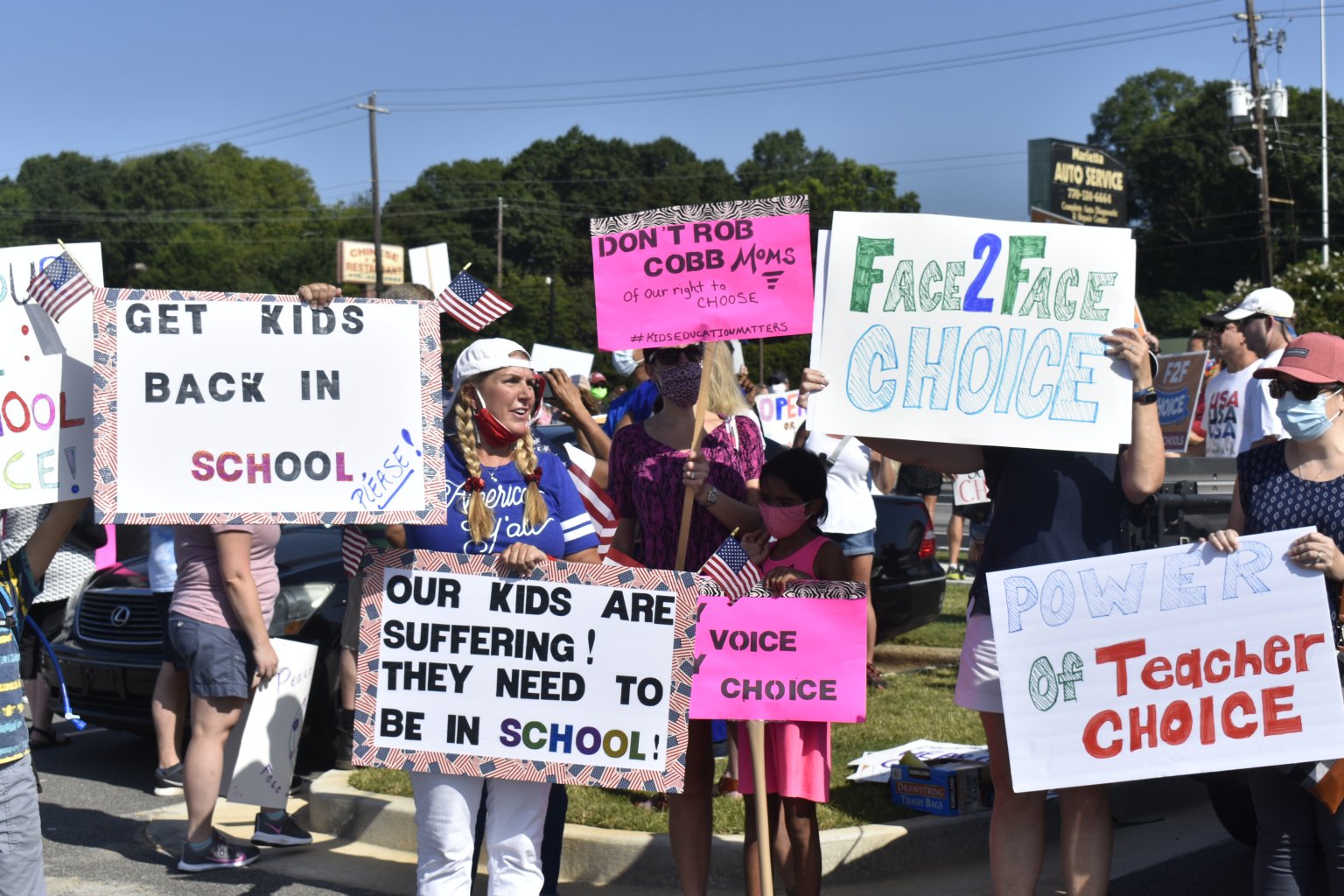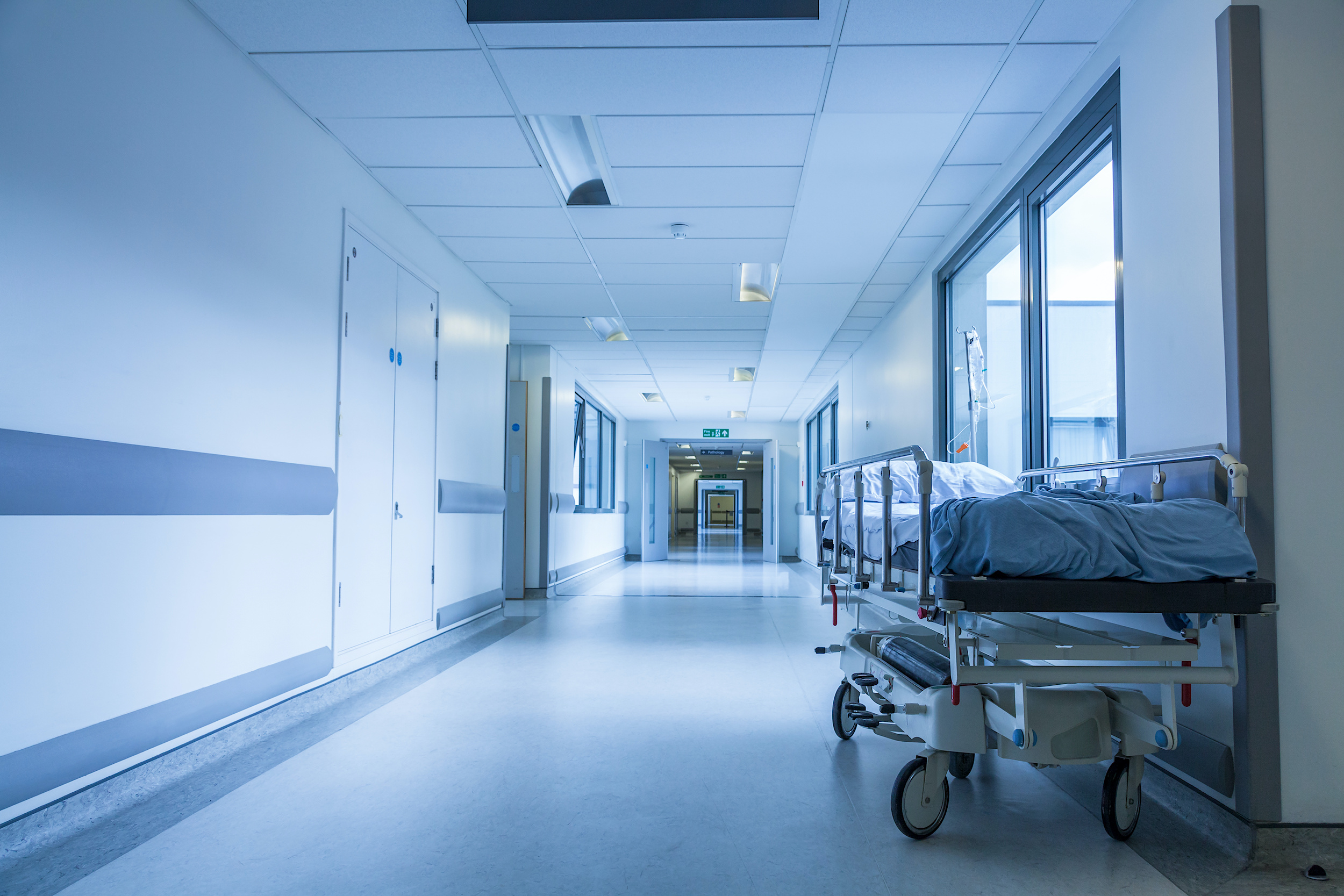
In this moment, more than at any other time, it is non-negotiable that leaders of Georgia’s public schools operate with transparency.
Georgia’s State School Superintendent Richard Woods issued a four-page statement Thursday using almost those exact words. He’s right. We are in a pandemic. School administrators and their human resources enforcers must make it clear that teachers can talk publicly about school safety concerns without fear of retaliation.
Georgia Recorder journalists and our counterparts from other news outlets are hearing disturbing stories from teachers about reprimands. Most of these stories are told to us on background. Teachers are afraid to let us use their names because they believe they will be fired for speaking up about school environments where the COVID-19 coronavirus is able to spread like wildfire. Here’s what they describe:
Teachers who set up plastic barriers to reduce transmission of the virus between students and their classmates or their teachers get a visit from school risk management officials who say ad hoc COVID-19 precautions aren’t part of the plan.
Positive COVID test results among students and staff are ignored or even concealed to avoid school shutdowns.
The start of school in Paulding County has been a case study in how things can go very wrong very quickly. Last week, as mask-less students made a shoulder-to-shoulder trek through a North Paulding High School hallway, some students took photos of the hazardous situation and posted them on social media. Guess who got punished? Not the administrators overseeing this virus breeding ground. It was the students who sent up flares via social media who were suspended — although after a national outcry, the suspensions were dropped. This week, the school is closed for a deep clean because at least 35 COVID cases have been confirmed among students and staff.
Some teachers saw this coming but said they feared speaking publicly about their back-to-classroom jitters because they might lose their jobs. Many teachers agree not to speak publicly about school operations as a condition of employment, and some districts have policies that prohibit teachers from speaking publicly without permission from authorities.
Cherokee County Schools is a district that limits teachers’ speech. But it actually has been more open than many districts about the spread of COVID. Cherokee is making national headlines for sending hundreds of virus-exposed students home to quarantine for two weeks. The public knows that because the district regularly updates a dedicated COVID-19 status web page detailing outbreaks.
By comparison, Charlton County along the Florida border was flagged in the Georgia Department of Public Health’s COVID-19 Daily Status Report on Thursday because of a recent spike in cases. Roughly 13,250 people live in Charlton, and the state reports 132 new cases emerged in the past two weeks.
Students who chose Charlton’s in-person classes over a virtual option returned to the classroom Monday. The school’s website offers COVID-19 guidelines but doesn’t report any confirmed cases. Charlton School Superintendent John Lairsey told the Georgia Recorder Thursday he emailed some parents this week warning their children could have been in contact with a Folkston Elementary student who tested positive for the disease. Students who came in contact with the child with COVID-19 were supposed to quarantine. Lairsey said he followed up Thursday with an email update on Charlton’s coronavirus protocol.
School systems are working through an unprecedented public health crisis. But the solution to keeping students, teachers and families safer is not less information. Teachers are on the front lines. It makes no sense for them to forfeit their free speech rights anytime — and especially not now.
As Superintendent Woods said in his statement. “The ‘public’ in public education is just that — a reflection of the challenges, needs, and voices of our communities. Leaders must continue to engage with the public and build trust, buy-in, and faith in their restart efforts.”
Clearly, Georgia expects its teachers to be leaders. Schools must free them to use their front-line knowledge, community standing and voices to protect the health and safety of the children and families they serve.
 John McCosh is Editor-in-Chief of the Georgia Recorder. He is a seasoned writer and editor with decades of experience in journalism and government public affairs. His skills were forged in Georgia newsrooms, where he was a business and investigative reporter, editor and bureau chief, and expanded his experience during years in nonprofit and corporate communications roles. For more than a decade at the Atlanta Journal-Constitution, McCosh investigated state and local government officials and operations.
John McCosh is Editor-in-Chief of the Georgia Recorder. He is a seasoned writer and editor with decades of experience in journalism and government public affairs. His skills were forged in Georgia newsrooms, where he was a business and investigative reporter, editor and bureau chief, and expanded his experience during years in nonprofit and corporate communications roles. For more than a decade at the Atlanta Journal-Constitution, McCosh investigated state and local government officials and operations.






